Le Figaro Nice
Far from textbooks and classrooms, 170 third-grade students from the Alpes-Maritimes, selected on a cover letter, braved the cold and rain on Tuesday to immerse themselves in one of the greatest tragedies of the 20th century: the Shoah.
For one day, filled with emotion, they surveyed the death camps of Auschwitz-Birkenau, in Poland, a veritable open-air cemetery, temple of history and refuge of collective memory.
A trip organized since 2003, four times a year, by the Departmental Council, determined to promote the work of memory and the citizenship of young Riviera residents.
“The principle for us is to create ambassadors of peace through cultural action and memory to build the citizens of tomorrow. Seven middle schools take part in each trip, with about twenty students selected per establishment. Which is not much, but these students will shine on the entire cohort of the establishment on their return. They will then participate in a departmental restitution competition: the Charles Gottlieb competition (named after this deported maralpine resistant and Holocaust survivor, invested until the end of his life in memory work, Ed.). They will make presentations, photo exhibitions, or even video montages to report on their trip.
, explains the Vice-President of the Department, in charge of Memory, Cultural Heritage and Veterans Affairs, Gaëlle Frontoni.
Read alsoMore afraid of God than of war: thousands of ultra-Orthodox Jews flock to Ukraine
From Nice to Krakow, it takes two hours by sky.
Added to this is a short hour by bus to reach Auschwitz (Oświęcim in Polish) in the middle of the desolate countryside of the Lesser Poland Voivodeship.
That Tuesday, a fine, shearing rain adorned the landscape with a gray and gloomy filter.
"It's going to be cold, wrap up well!"
reports a teacher.
In fact, the temperature felt should not exceed three degrees on arrival at the Birkenau camp, in the middle of the morning.
Gloves and hats are a must, as are ski pants for some.
“
It feels like a movie set
”
The entrance to the Birkenau camp Nicolas Daguin
The visit begins, with one guide per college.
Both curious and troubled, the teenagers listen and observe silently, supervised by their teachers.
"It is very impressive.
It's still hard to tell ourselves that millions of people here have experienced the horror.
It looks like a movie set.
The large building at the entrance which is crossed by the rails, we saw it in the photo, but in real life, it has nothing to do, it is much more impressive", remarks a schoolboy, his gaze plunged
on the 300 barracks lined up.
“I am seriously uncomfortable
,” breathes another to his comrade.
The Birkenau concentration camp
Go to slideshow (3)
Once a land of suffering, the camps are nothing more than silent shells.
The floors, the walls of brick buildings and wooden shacks, every stone, every inch of barbed wire, silently bear witness to the atrocities of the past.
And each, in their own way, realizes the tragedy experienced here, 80 years ago, by millions of men and women, mostly Jews.
"The important thing is to give meaning to what you learn by going outside, on the ground, like today"
, notes Julien Vellet, professor of history and geography at Nazareth College in Nice.
At the end of this first visit and before going to lunch, the college students take part in a ceremony of meditation in front of the commemorative steles of the Birkenau camp and attend the laying of a wreath by the elected officials of the department present for the occasion.
A short time of prayer is also observed by the students of the private college Kerem Menahem.
Read alsoHolocaust: the Polish League against defamation attacks the authors of the book “Night Without End”
In the early afternoon, the tour continues with a visit to the Auschwitz camp and its cynical entry message written in iron letters:
“Arbeit Macht Frei” (work makes you free).
Gas chamber, dungeons, wall of those shot: all the barbarism of the Nazi enterprise appears.
And the amazement of the morning turns into an infinite sadness.
At the sight of the personal objects of the deportees stored behind windows (shoes, suitcases, children's clothes, striped pajamas...), Some could not hold back their tears.
“It's too hard
,” says a teenager, shaken by sobs.
“
We realize the reality.
To tell oneself that for some it was only children, innocent people, and that they had no means of defending themselves, that's the most horrible thing.
Zoe chokes.
“
We realize that it's real, that it really existed.
You have to be there to understand all this hatred and violence
,” continues Estelle.
“
The only thing that can make this never happen again is first of all pedagogy
”
The Auschwitz Camp
Go to slideshow (7)
At the end of the day, the weight of history becomes difficult to bear.
To relax, Canon Philippe Asso, episcopal delegate of the Catholic Church and coordinator of the "dialogue with the world" center at the Departmental Council, improvises a brief meditation session with the college students of Nazareth.
"I can't be responsible for everything.
I am responsible for myself first.
I can't carry all the misery of the world on my shoulders.
No, but I remember, ”
he professes among the attentive teenagers.
Read alsoDawn at Birkenau: Simone Veil, from Auschwitz to the Pantheon
The visit ends at nightfall with a gathering in the middle of the camp.
The college students read poems - some of their creation -, excerpts from books, sing in choir.
The words of Primo Lévi, those of Charles Gottlieb, or even the verses of the Yiddish poet, Moshe Schulstein, resonate in the total darkness.
An exercise linked to the memory work carried out by the department.
“
Before, we came to school to have a common culture, now we come to school to affirm our differences.
The only way we have to be able to build the citizens of tomorrow is to cement around a common culture and the work of memory greatly contributes to this.
This is our mission towards young people
, ”explains Gaëlle Frontoni, who accompanies the teenagers of the department for the 17th time.
“The only thing that can make this never happen again is first of all pedagogy. I often remind children that the Nazis came to power by democratic means, you have to realize that",
says Daniel Wancier, a child hidden by the Righteous of the Alpes-Maritimes during the Second World War, today a regular speaker in the educational institutions.
At 84, he is aware of being a smuggler of memory:
“I was arrested at the roundup of the Vél' d'Hiv, in Paris, and saved in extremis.
As a hidden child and son of deportees, I have a lot to say about this period of my life.
Of the deportees there are still a few, but most are no longer valid, so it is my role to do this process and this work with young people.
This Tuesday, he made his 33rd trip to Auschwitz-Birkenau.
"I will go as long as I can, it's too important!"
, he concludes.

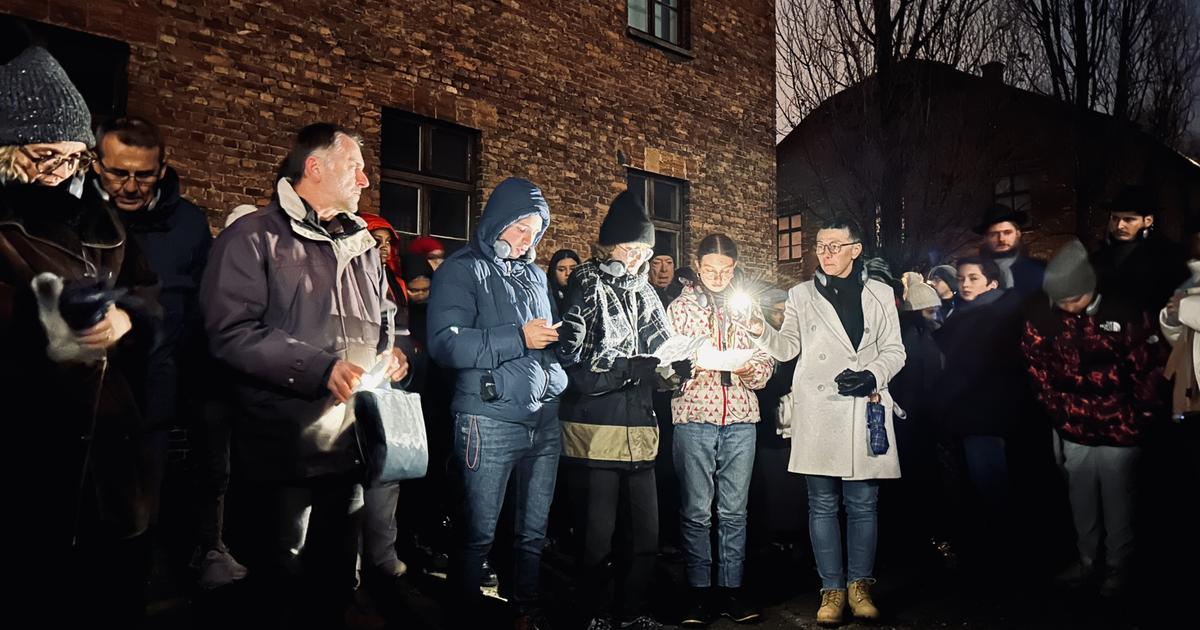
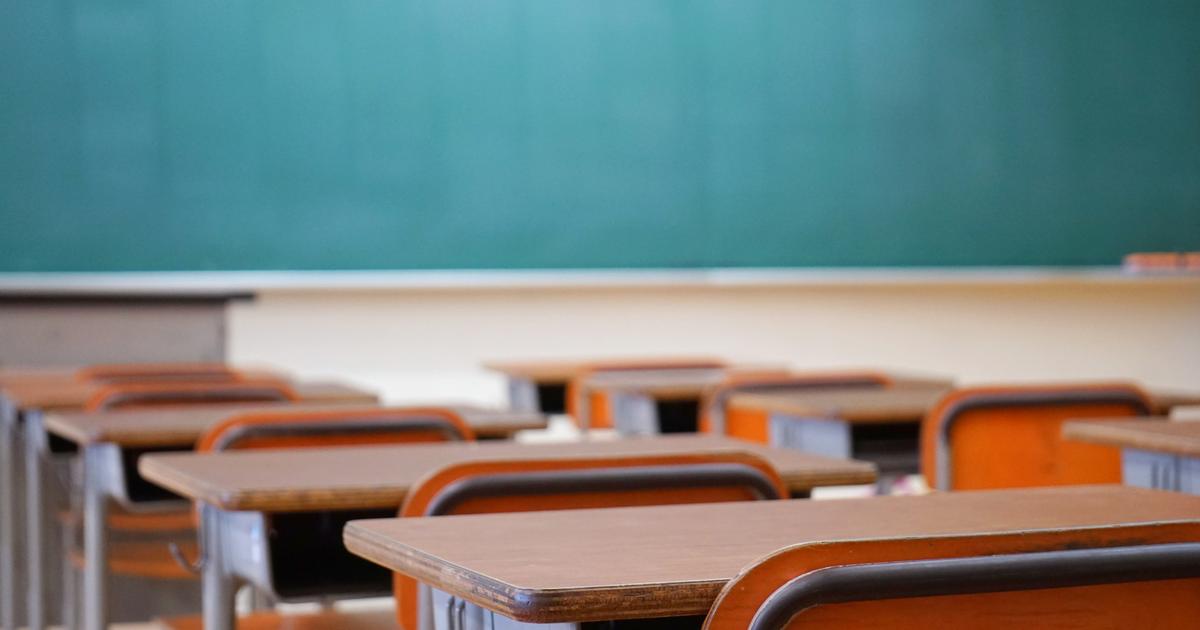
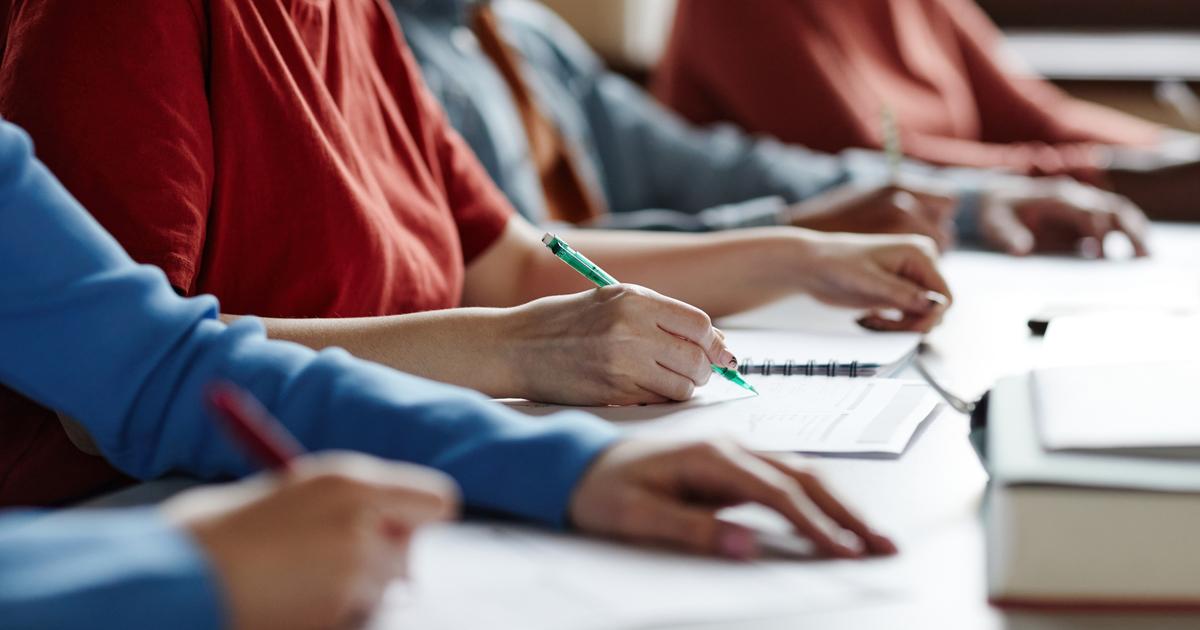
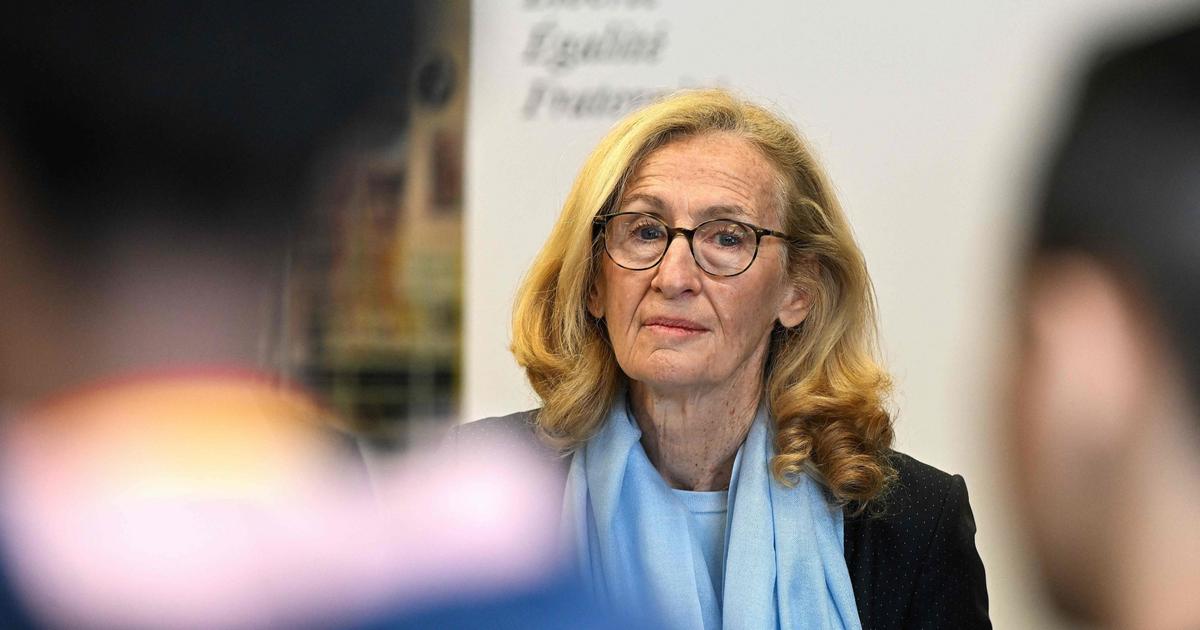

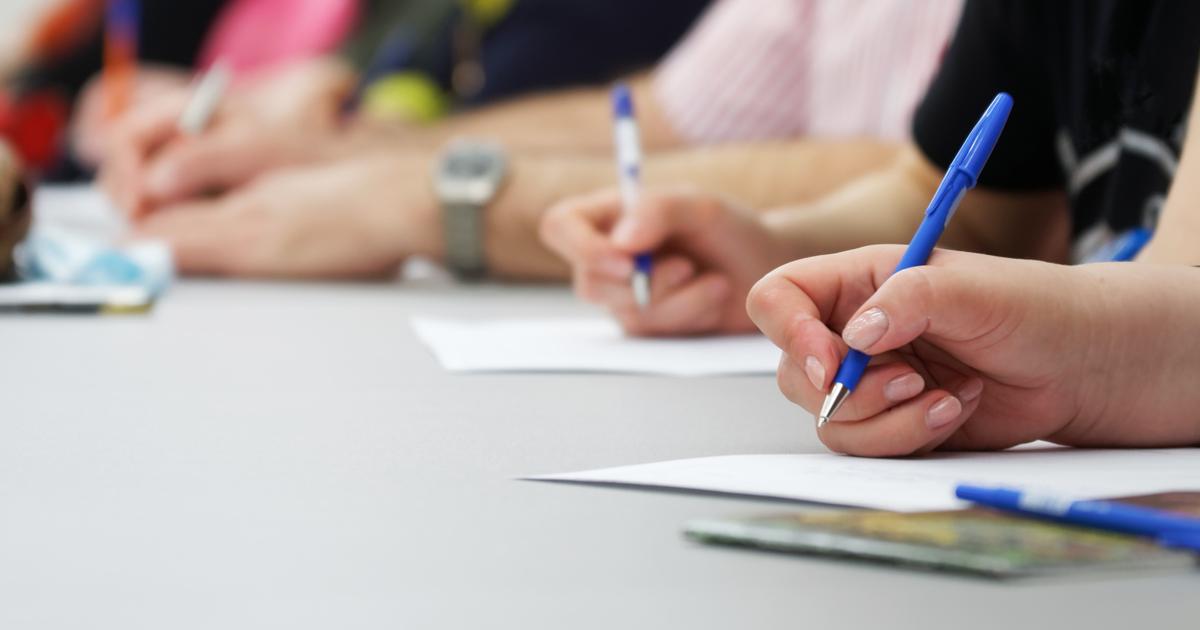

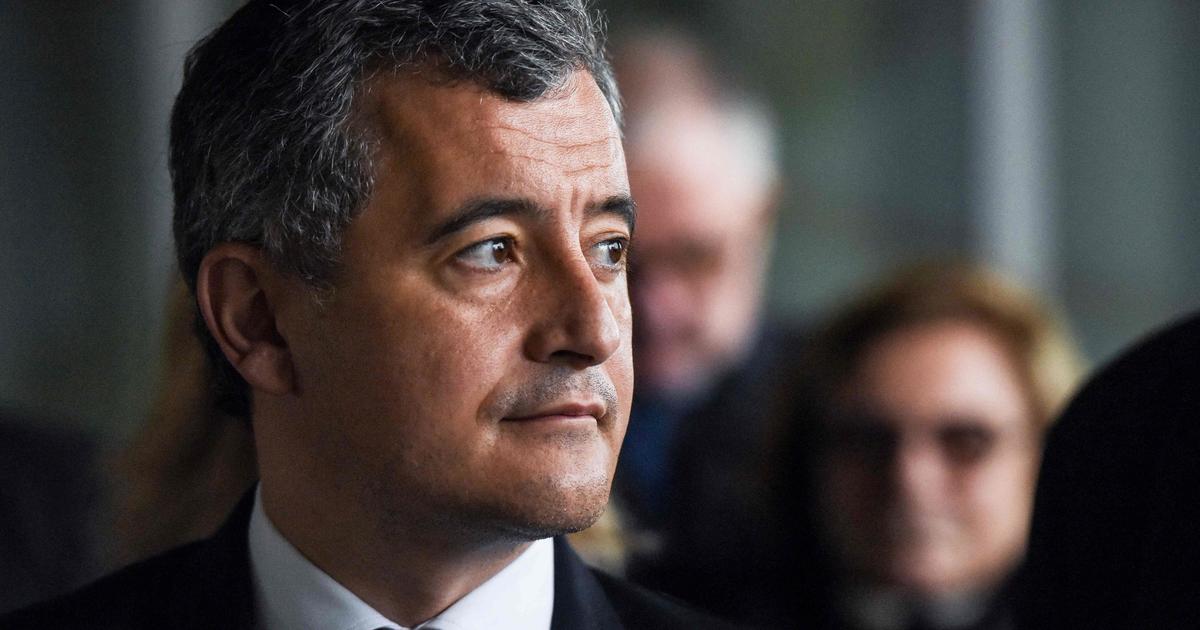
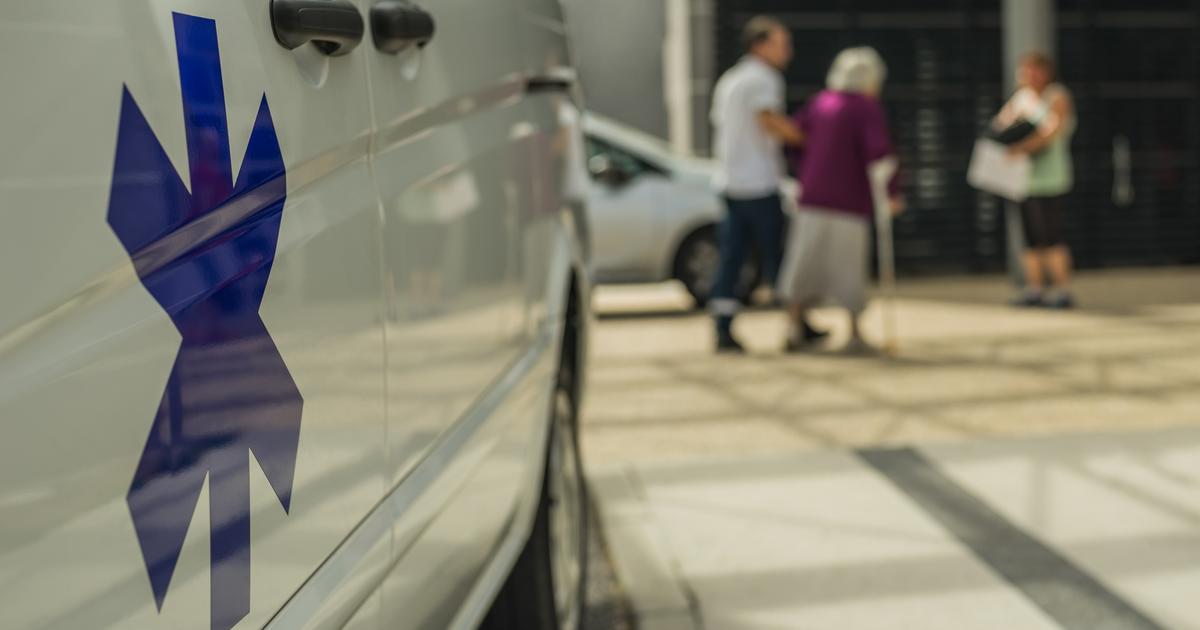





/cloudfront-eu-central-1.images.arcpublishing.com/prisa/EXJQILQR5QI7OMVRTERD7AEZAU.jpg)